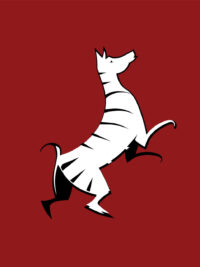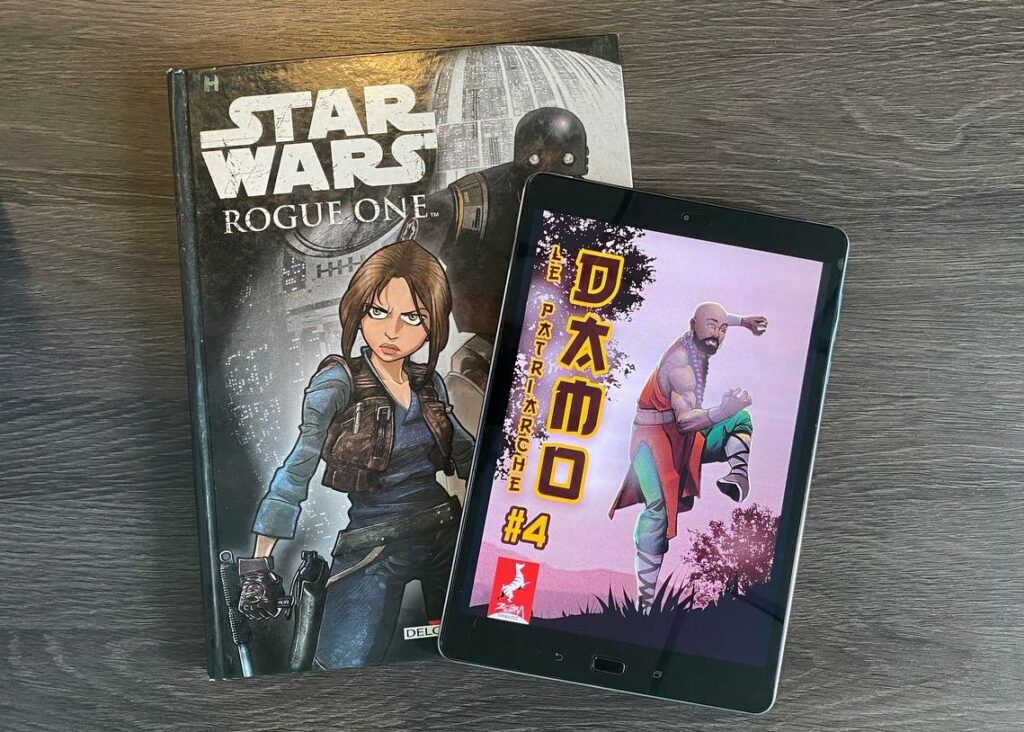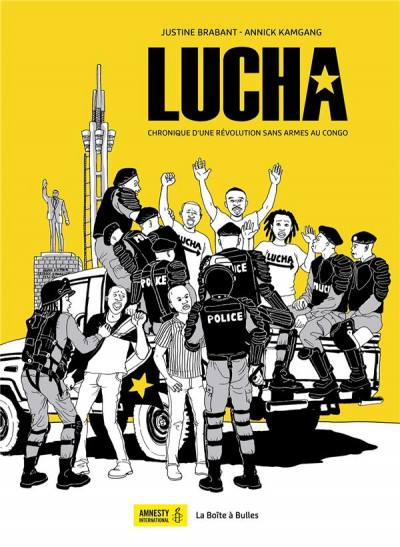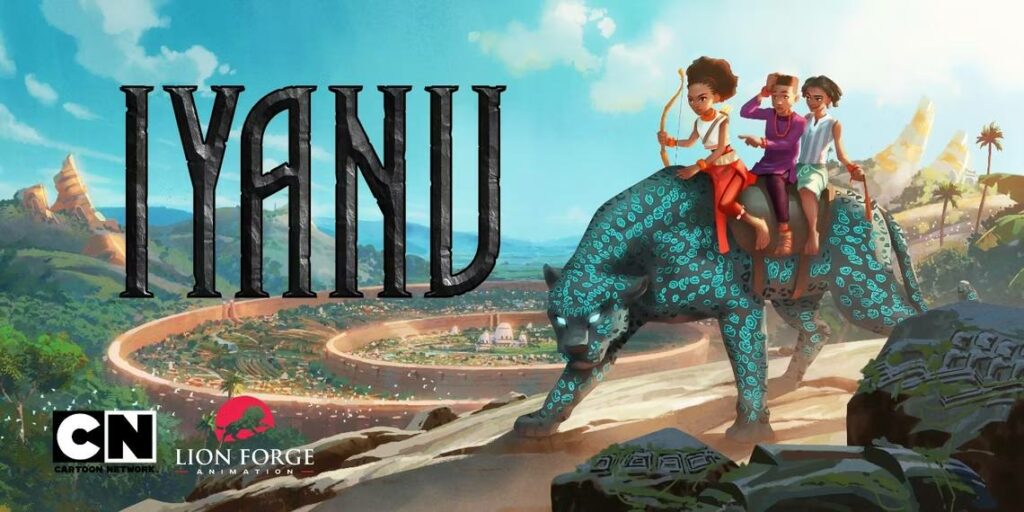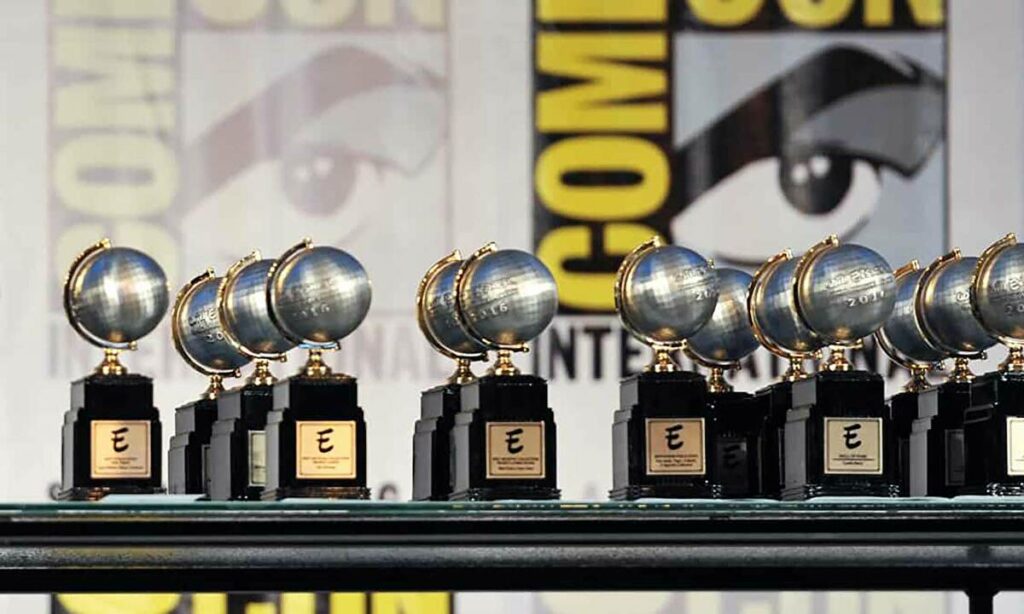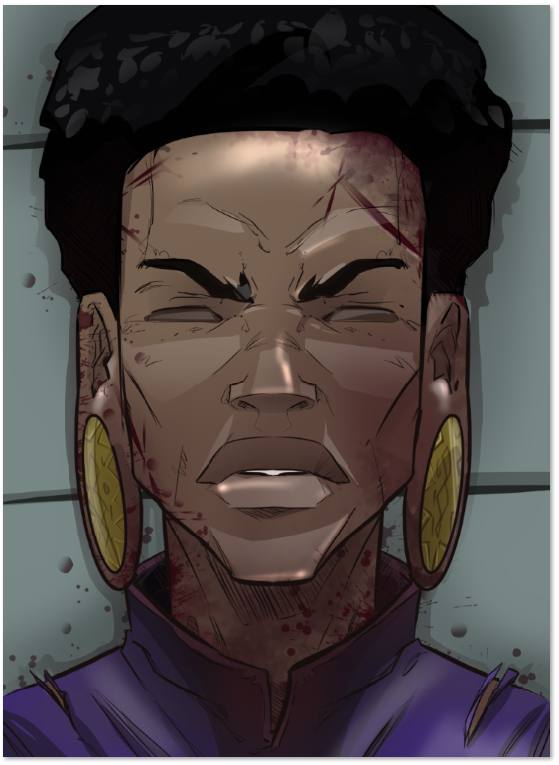Unleashing the Ultimate Reading Experience: How to Enjoy Comics and Webtoons on Digital Devices
In today’s fast-paced world, there’s no denying that technology has made our lives easier and more convenient. One of the areas that have been significantly impacted is reading. Gone are the days of carrying around heavy books and magazines when you can have a whole library at your fingertips. For comic book and webtoon enthusiasts, […]
